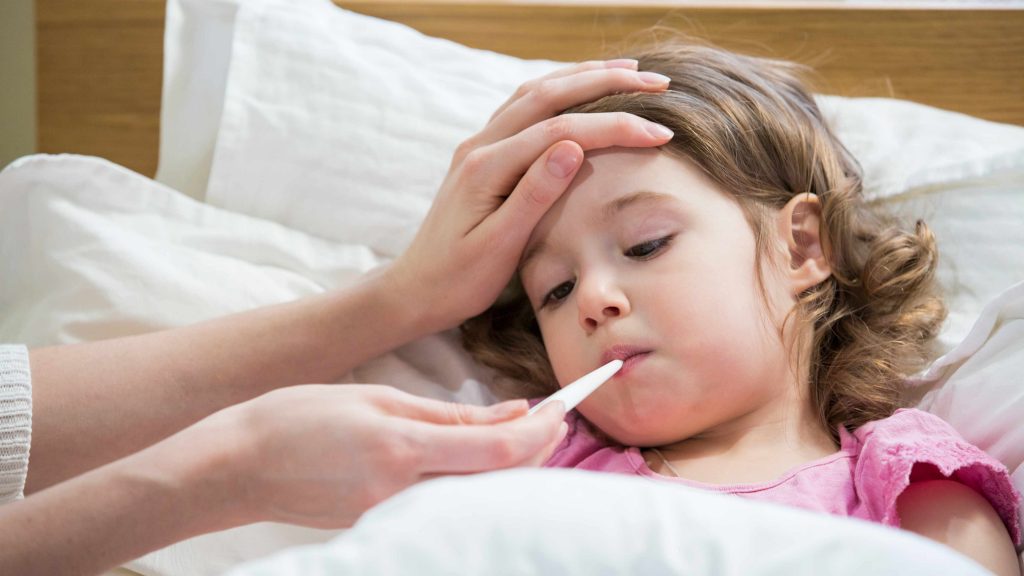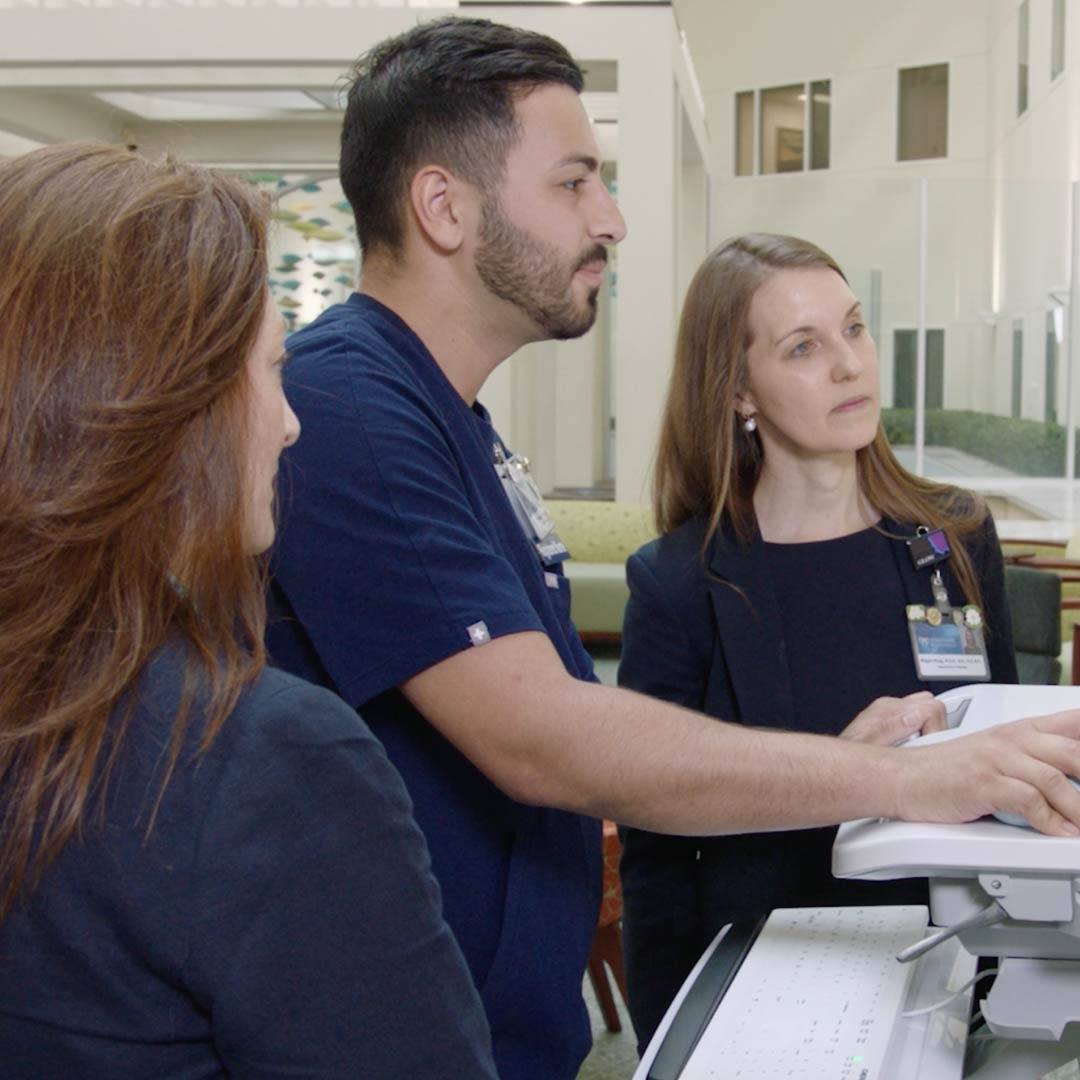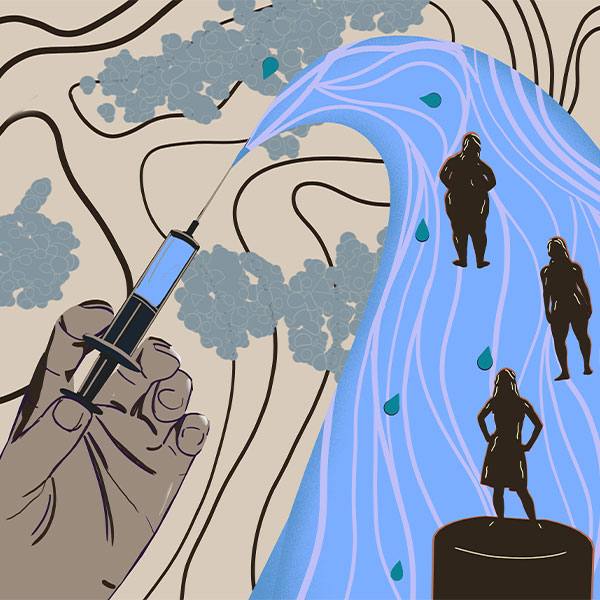-
Infectious Diseases A–Z: Break the cycle of respiratory syncytial virus

It's cold and flu season in the U.S. It's also when RSV begins to circulate. "RSV is an acronym, for the respiratory syncytial virus," says Dr. Robert Jacobson, a Mayo Clinic pediatrician. "It's a nearly ubiquitous virus in that it comes around every winter. It infects almost everybody by the time they're 2 years of age and it turns out we don’t get natural immunity from it."
Dr. Jacobson says respiratory syncytial virus can start a cycle of illness within a family. "It keeps coming back and the family members caring for an infant get it. The very young and the very old do very poorly with it. It can cause a lot of hospitalizations and deaths."
For instance, people with cold like symptoms should avoid kissing babies at risk for respiratory syncytial virus. The Centers for Disease Control and Prevention says kissing the face of a child with RSV also can cause the virus to jump from person to person.
Watch: Dr. Robert Jacobson explains respiratory syncytial virus.
Journalists: Broadcast-quality sound bites with Dr. Robert Jacobson are in the downloads at the end of this post. Please "Courtesy: Mayo Clinic News Network."
Symptoms can be similar to other viruses. RSV can present like a cold and the flu. Early symptoms include:
- Congested or runny nose
- Dry cough
- Low-grade fever
- Sore throat
- Mild headache
"At Mayo Clinic, our test for the flu also tests for the RSV. They're built together because so often the seasons are on top of each other, and the illnesses present often looking like each other. RSV is famously known as causing bronchiolitis, an asthma like condition in infants, but it can also cause a pneumonitis, a pneumonia, a bad cough, an upper respiratory illness."
There is no vaccine to protect against respiratory syncytial virus. However, Dr. Jacobson says there are ways to prevent illness.
"No. 1 is washing your hands with soap and water. Bring your child home from day care, go to the sink, wash hands with soap and water. Before serving food out of the refrigerator or making dinner, wash your hands with soap and water. After using the bathroom, use soap and water. Soap will go a long way in preventing RSV from – being transmitted from your hand to your mouth, to your nose, to your eye."
"If you do come down with an illness, you shouldn't be exposing others. You shouldn't be preparing the meals for the family if you're ill. You shouldn't be going to work and exposing your co-workers with it. If your child's ill, you should be keeping your child home from daycare or school rather than letting your child expose others."
Older adults are also at high risk of complications from RSV which may include hospitalization, pneumonia and congestive heart failure.
"This is a significant cause of illness among those 65 years and older, as well as infants less than 1 year old. It can land them in the emergency room. It can land them in the hospital," says Dr. Jacobson.







